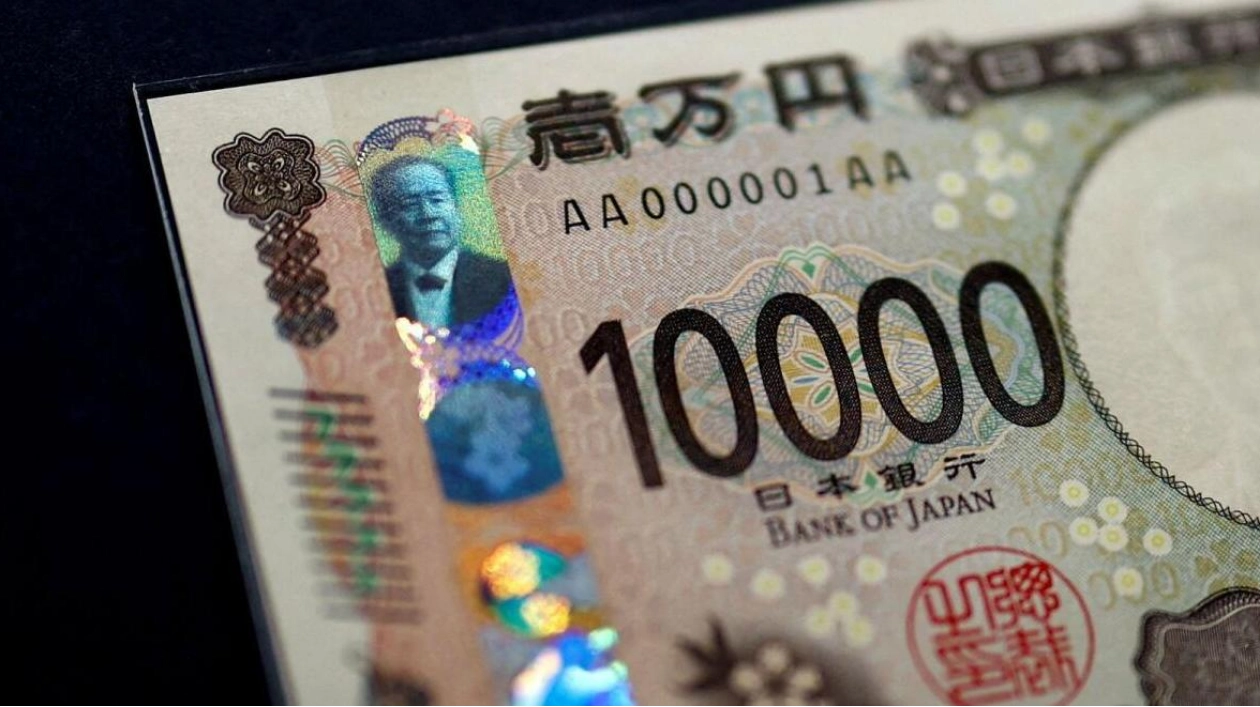On Wednesday, the Japanese yen and the Swiss franc gained strength against the dollar as investors sought safer assets following a significant selloff on Wall Street the previous day, driven by concerns over the US economy and tech sector valuations. The trigger appeared to be some disappointing US manufacturing data, which heightened fears of a hard landing for the world's largest economy, especially with traders already on edge ahead of the crucial monthly payrolls data due on Friday. US equity indexes fell on Tuesday, with AI chip leader Nvidia dropping nearly 10 percent. This risk-off sentiment extended to Asia and Europe on Wednesday.
"It's somewhat reminiscent of the early August selloff where a catalyst wasn't really needed. It's just that we're at the highs in risky assets," commented Alex Jekov, head of G10 FX strategy at BNP Paribas. "The dollar is weaker against low-yielding currencies as they are benefiting from the risk-off environment. However, unlike August, US rates aren't reacting as strongly. It seems to be primarily an equities issue." The yen gained as much as 0.4 percent to 144.89 per dollar before settling up about 0.2 percent at 145.195 as of 0902 GMT, following a 1 percent surge overnight.
Dollar/yen reached a multi-month low of 141.68 on August 5 after unexpectedly weak US payrolls data and an interest rate hike by the Bank of Japan led to a massive unwind of yen-funded carry trades. Market focus has now shifted to jobs data, with traders increasing the likelihood of a 50-basis point Federal Reserve interest rate cut this month to 37 percent from 30 percent a day earlier, according to the CME Group's FedWatch Tool. Economists surveyed by Reuters anticipate an increase of 165,000 US jobs in August, up from a rise of 114,000 in July. Investors will closely monitor job openings data on Wednesday and jobless claims on Thursday.
US markets were closed for the Labor Day holiday on Monday and resumed on Tuesday to a weak Institute for Supply Management survey indicating that factory activity in the country would remain subdued for some time. "That was expected to show a gain, but actually showed a decline, making people question whether the Fed might be acting too late," said Sam Stovall, chief investment strategist at CFRA. The Swiss franc, another safe haven, strengthened about 0.2 percent to 0.8487 per dollar. The euro remained stable at $1.10525, recovering from slight declines earlier in the session. Euro zone business activity was boosted by France hosting the Olympic Games last month, but a survey suggests the region's economic woes are likely to return once the Paralympics end as demand remains weak. Sterling was flat at $1.3117, after weakening 0.23 percent overnight, while the Aussie fell a further 0.1 percent to $0.67035, extending Tuesday's 1.2 percent drop. Cryptocurrencies also struggled, with bitcoin and ether both falling about 2.4 percent each.






